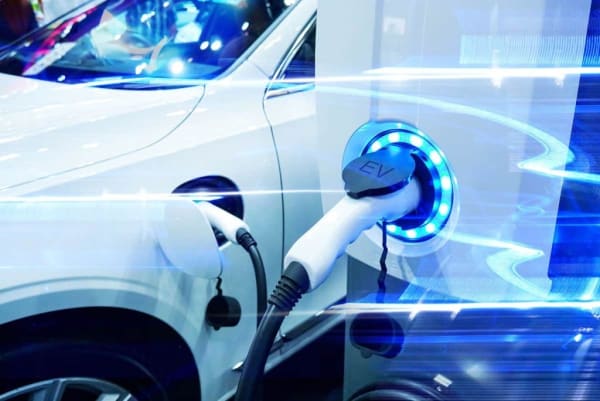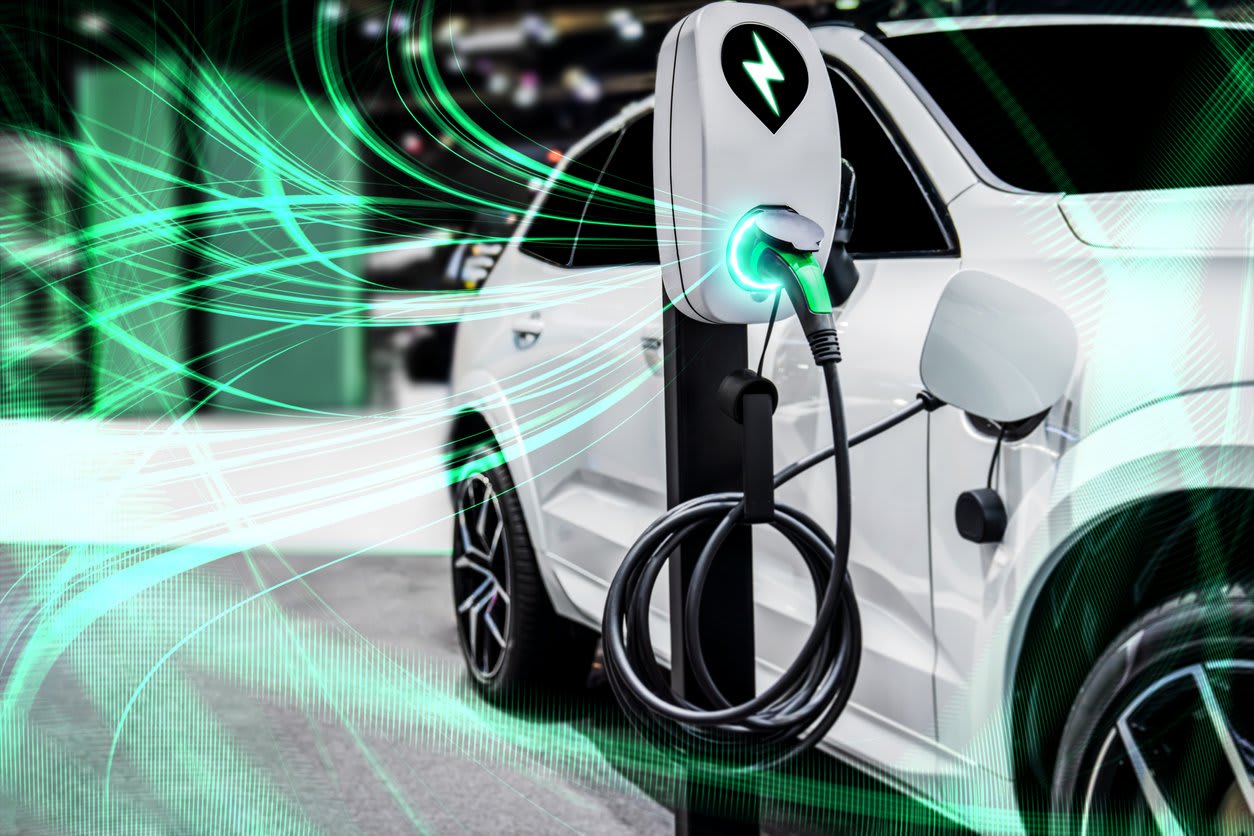The Rise and Revolution of Electric Vehicles: A Journey Towards Sustainable Mobility
In a world grappling with environmental challenges and the pressing need for sustainable solutions, electric vehicles (EVs) are emerging as a beacon of hope. The transition to EVs marks a significant step toward reducing carbon emissions, improving air quality, and creating a cleaner future for generations to come. This article delves into the world of EVs, exploring their benefits, challenges, and the transformative impact they have on the automotive industry and society at large.

The Promise of Electric Vehicles:
1. Environmental Stewardship: EVs operate on electricity, a cleaner source of energy compared to fossil fuels, significantly reducing greenhouse gas emissions. This contributes to the preservation of our planet and mitigates the impact of climate change.

2. Energy Efficiency: EVs offer superior energy efficiency, utilizing electricity more efficiently than gasoline-powered vehicles. This results in longer driving ranges, lower operating costs, and reduced dependence on non-renewable energy sources.
3. Enhanced Driving Experience: EVs provide drivers with a unique and enjoyable driving experience. Their instant torque and smooth acceleration make them responsive and exhilarating to handle, adding a new dimension to the driving pleasure.
4. Reduced Noise Pollution: EVs produce minimal noise compared to conventional vehicles. This contributes to quieter communities, especially in urban areas, and reduces noise pollution, improving the overall quality of life.
Challenges and Obstacles:

1. Infrastructure Development: Expanding charging infrastructure is crucial for the widespread adoption of EVs. More charging stations need to be installed in public places, along highways, and in residential areas to alleviate range anxiety and ensure users can easily find charging points when they need them.
2. Battery Technology Advancement: Battery technology is a key area of research and development. Improving battery capacity, reducing charging times, and enhancing battery life are essential for making EVs more practical and appealing to consumers.
3. Cost Considerations: The initial cost of EVs is often higher compared to gasoline-powered vehicles, posing a challenge for mass adoption. However, as production scales up and battery technology improves, the cost of EVs is expected to decline, making them more affordable in the long run.
Impact on the Automotive Industry:
1. Market Disruption: The rise of EVs disrupts the automotive industry's traditional business models, requiring manufacturers to adapt and embrace new technologies. This transformation creates opportunities for innovation and collaboration, leading to the development of cutting-edge technologies and enhanced vehicle designs.
2. Job Creation: The transition to EVs stimulates job creation in various sectors, including manufacturing, research and development, and infrastructure development. As the demand for EVs grows, new jobs emerge, providing employment opportunities and contributing to economic growth.
3. Promoting Sustainable Manufacturing: EV manufacturing processes are becoming more sustainable, reducing waste, and utilizing renewable energy sources. This aligns with the growing global focus on environmental responsibility and corporate social responsibility.
Embracing the Future with Electric Vehicles:
The transformation to electric vehicles holds immense promise for a greener and more sustainable future. Overcoming challenges related to infrastructure development, battery technology, and cost will pave the way for the widespread adoption of EVs. As governments, industries, and consumers unite to promote and embrace EVs, we can create a future where clean mobility becomes the norm, benefiting both the environment and society.
